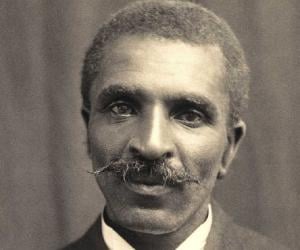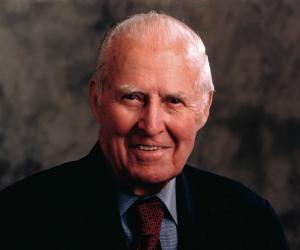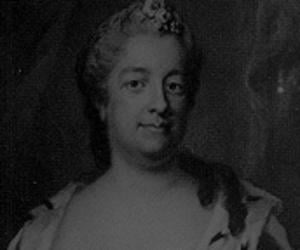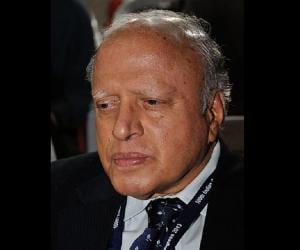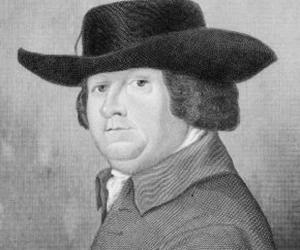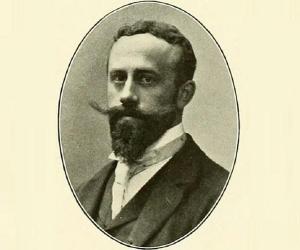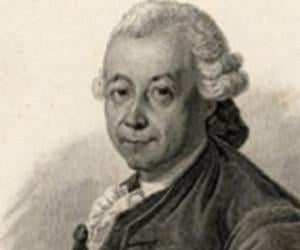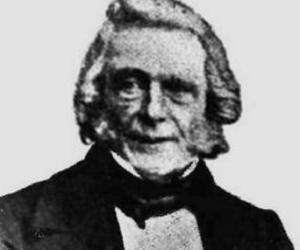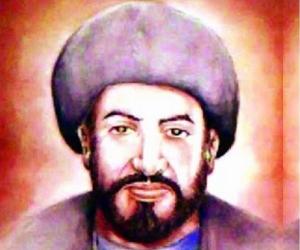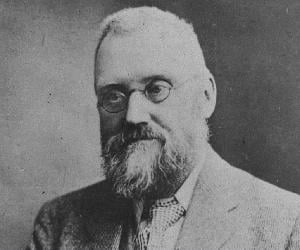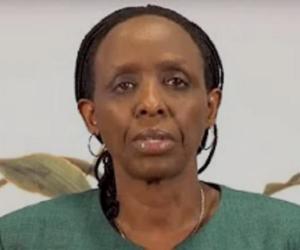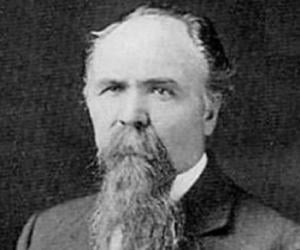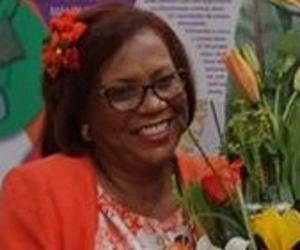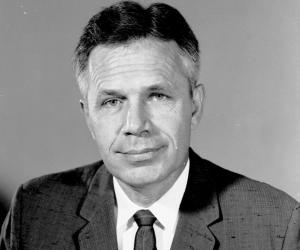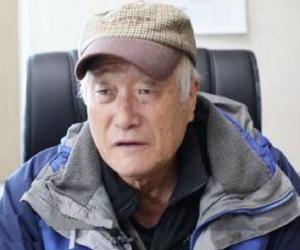1
George Washington Carver
(American Agricultural Scientist and Inventor Who Promoted Alternative Crops to Cotton and Methods to Prevent Soil Depletion)
Birthdate: 1864
Sun Sign: Capricorn
Birthplace: Diamond, Missouri, United States
Died: January 5, 1943
George Washington Carver was an influential American agricultural scientist and inventor who promoted alternative crops to cotton and developed methods to prevent soil depletion. As a professor at Tuskegee Institute, he introduced techniques to improve depleted soils and encouraged farmers to grow crops like peanuts and sweet potatoes for better food sources and quality of life. Carver published practical bulletins for farmers, advocating for combating soil depletion, increasing crop yields, and food preservation. He was recognized for his environmental leadership and contributions, earning the nickname "Black Leonardo."
